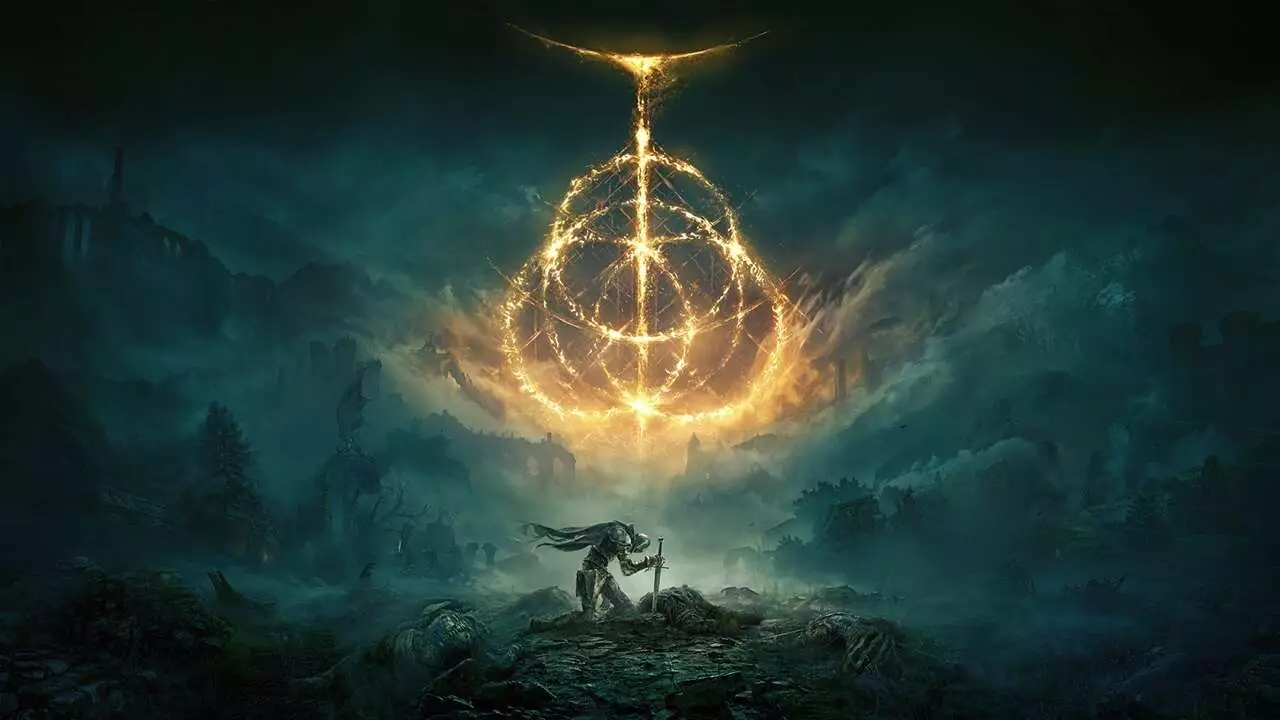The phenomenal success of Elden Ring has not just captured the hearts of gamers but has also heralded a new wave of excitement in the realm of film adaptations. With its intricate lore, vast open-world design, and challenging gameplay, transitioning the Lands Between into a cinematic experience is a venture both thrilling and daunting. The bar has been set high, not only by the game’s rich narratives but also by the history of gaming adaptations that have struggled to find the magic formula for success. Therefore, the announcement of an Elden Ring film, directed and written by Alex Garland, is both an audacious risk and an incredible opportunity.
Insight from the Creator
Garland’s familiarity with the source material is promising for fans. In conversations with IGN, he has shown a deep engagement with the game—his candid comments about his personal experiences, particularly in tackling formidable bosses like Starscourge Radahn and Malenia, Blade of Miquella, reveal an understanding that goes beyond mere gameplay mechanics. Garland’s statement that Radahn was easy due to employing strategic summons highlights a critical aspect of Elden Ring: the importance of collaboration and strategy in difficult encounters. His acknowledgment of Malenia as a challenging foe embodies the frustrations and triumphs that players relate to; these insights could potentially inform how he approaches narrative development in the film.
Stars Aligning: The Talent Behind the Lens
The collaborative force behind the film also extends beyond Garland. With George R. R. Martin, the acclaimed author known for his complex world-building, stepping in as a producer, the film inherits a legacy of intricate storytelling. This partnership raises expectations for how the nuances of the gaming experience will translate onto the big screen. The potential synergy between the creators could unveil a rich and engaging narrative that does justice to the beloved game. However, the classic pitfalls of adaptation linger as a cautionary tale—will they capture the essence that made the game a masterpiece, or will it falter under the weight of its legacy?
Beyond the Screen: The Cultural Impact
As Elden Ring extends its influence beyond gaming, it is crucial to consider the broader implications of such adaptations in popular culture. The game’s recent spinoff, Nightreign, achieved remarkable commercial success and received favorable critical acclaim, proving that the Elden Ring universe continues to flourish. This growing franchise not only signifies a prosperous future for potential sequels but also a possible revitalization of interest in a genre that remains underexplored in film. It will be fascinating to observe how the cinematic adaptation will intersect with the expansive lore and character landscapes introduced in both the game and the spinoff.
In a time when cinematic adaptations of video games are being closely scrutinized, the forthcoming Elden Ring film has the potential to shatter preconceived notions and forge a new path forward in game-to-film translations. The combination of skilled creators and a devoted fanbase craving a faithful representation could lead to a cinematic experience that resonates with both seasoned players and new audiences alike.

